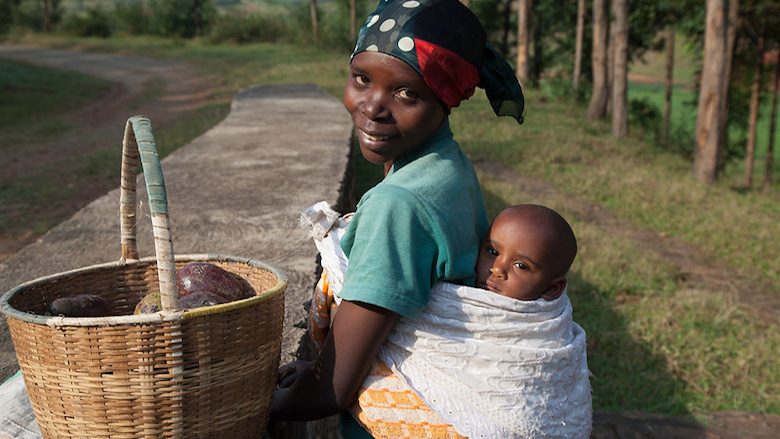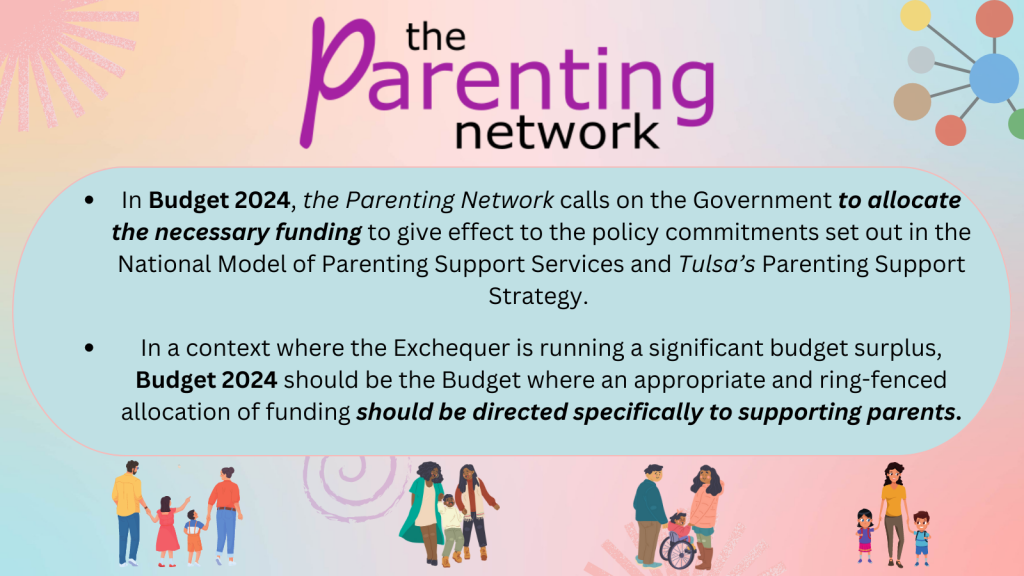
Parenting in Early Childhood: Nurturing Your Little One
Understanding Early Childhood Development
Parenting in early childhood is a journey filled with wonder, challenges, and countless opportunities for growth. During these formative years, children undergo rapid physical, cognitive, and emotional development. Understanding the stages of early childhood development can help parents navigate this crucial period with confidence and insight.
Navigating the Toddler Years
The toddler years, typically spanning from ages one to three, are marked by significant milestones such as language acquisition, socialization, and independence. Toddlers are eager explorers, constantly curious about the world around them. However, this newfound independence can also lead to challenges as they test boundaries and assert their autonomy.
Fostering Secure Attachment
One of the cornerstones of early childhood parenting is fostering secure attachment between parent and child. Secure attachment provides children with a sense of safety and trust, laying the foundation for healthy relationships later in life. Parents can promote secure attachment by responding promptly to their child’s needs, offering comfort and reassurance, and maintaining consistent routines.
Promoting Social and Emotional Development
Early childhood is a critical period for the development of social and emotional skills. During these years, children learn to regulate their emotions, navigate social interactions, and develop empathy and compassion. Parents play a crucial role in promoting healthy social and emotional development by providing a nurturing and supportive environment, modeling positive behavior, and teaching problem-solving skills.
Encouraging Language and Communication Skills
Language and communication skills blossom during early childhood, with children rapidly expanding their vocabulary and language abilities. Parents can support language development by engaging in meaningful conversations, reading books together, and exposing their child to a variety of language-rich environments. Encouraging children to express themselves verbally fosters confidence and self-expression.
Setting Boundaries and Establishing Routines
Clear boundaries and consistent routines are essential for promoting a sense of security and predictability for young children. Establishing age-appropriate rules and expectations helps children understand their boundaries and limits, reducing anxiety and promoting positive behavior. Consistent routines, such as regular mealtimes and bedtime rituals, provide structure and stability, helping children feel safe and secure.
Encouraging Play and Exploration
Play is the primary way young children learn about the world around them and develop essential skills. Encouraging open-ended play and exploration allows children to express their creativity, imagination, and curiosity. Parents can support play by providing a variety of stimulating toys and materials, creating opportunities for outdoor exploration, and engaging in play with their child.
Supporting Cognitive Development
Early childhood is a period of rapid cognitive development, as children begin to understand concepts such as cause and effect, object permanence, and symbolic representation. Parents can support cognitive development by providing age-appropriate toys and activities that encourage problem-solving, critical thinking, and creativity. Reading books together, engaging in imaginative play, and introducing simple puzzles and games can all help stimulate cognitive growth.
Embracing the Role of Parenthood
Parenthood is a journey filled with challenges, joys, and moments of profound growth and learning. Embracing the role of parenthood in early childhood requires patience, flexibility, and an unwavering commitment to nurturing and supporting your child’s development. By understanding the unique needs of young children and providing a loving and supportive environment, parents can lay the foundation for a lifetime of success and happiness. Read more about parenting in early childhood


